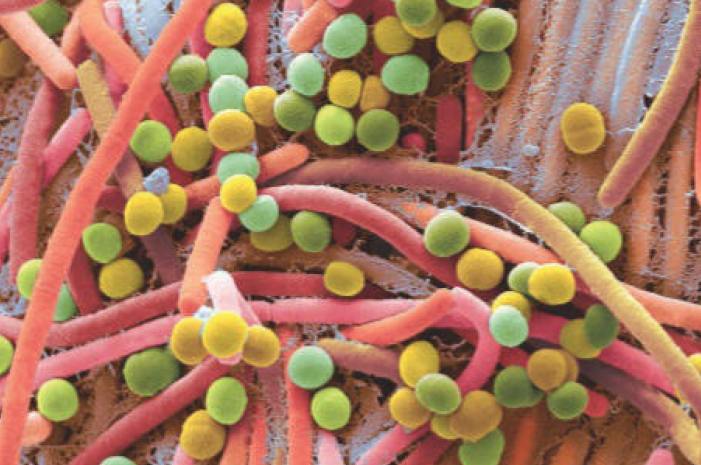You might think of ageing as a slow, steady downhill slide, but what if that’s not the whole story? Recent research suggests that our bodies don’t decline gradually but instead experience three distinct and rapid bursts of ageing. This new perspective could fundamentally change how we understand and approach the process of getting older.
Table of Contents
🧬 The Tipping Points of Life
Scientists have identified three key ages—around 34, 60, and 78—where our bodies undergo significant molecular shifts. A study that analyzed thousands of proteins in blood plasma found that while protein levels remained relatively stable for long periods, they changed dramatically at these specific ages. These changes were linked to an increased risk for age-related conditions like cardiovascular disease and Alzheimer’s, marking them as true biological tipping points.
🍺 Why Do Hangovers Get Worse in Your 40s?
If you’ve ever felt that you can’t handle alcohol like you used to, you’re not alone. The first ageing spike, occurring in our late 30s to early 40s, is associated with a decline in our ability to metabolize substances like alcohol and caffeine efficiently. This isn’t just your imagination; it’s a measurable biological shift. During this phase, you also see the onset of muscle wastage and a loss of skin integrity, marking the first major transition from young adulthood to middle age.
💊 Can We Delay These Transitions?
This new understanding of ageing opens up exciting possibilities for intervention. Instead of a one-size-fits-all anti-ageing treatment, we might develop targeted strategies to delay or soften these specific transitions. Lifestyle choices like diet and exercise could play a key role in pushing these tipping points further down the road. While the research is still in its early stages, it suggests a future where we could manage ageing not as a slow decline, but as a series of distinct life stages.
—
New Scientist, vol. 267, no. 3551, 12 July 2025.
- Why Vacuum Energy is a Bigger Puzzle Than Dark Energy
- Have Scientists Found the First Known Human-Neanderthal Hybrid Child?
- Could Hackers Use Your Home Solar Panels to Disrupt the Power Grid?
- Is Your Nighttime Light Exposure Increasing Your Risk of Heart Disease?
- Are Humans Naturally Cooperative or Inherently Selfish?
- Is Artificial Intelligence About to Revolutionize Mathematics?
- Could a Single Drug Injection Protect Us From All Flu Strains?
